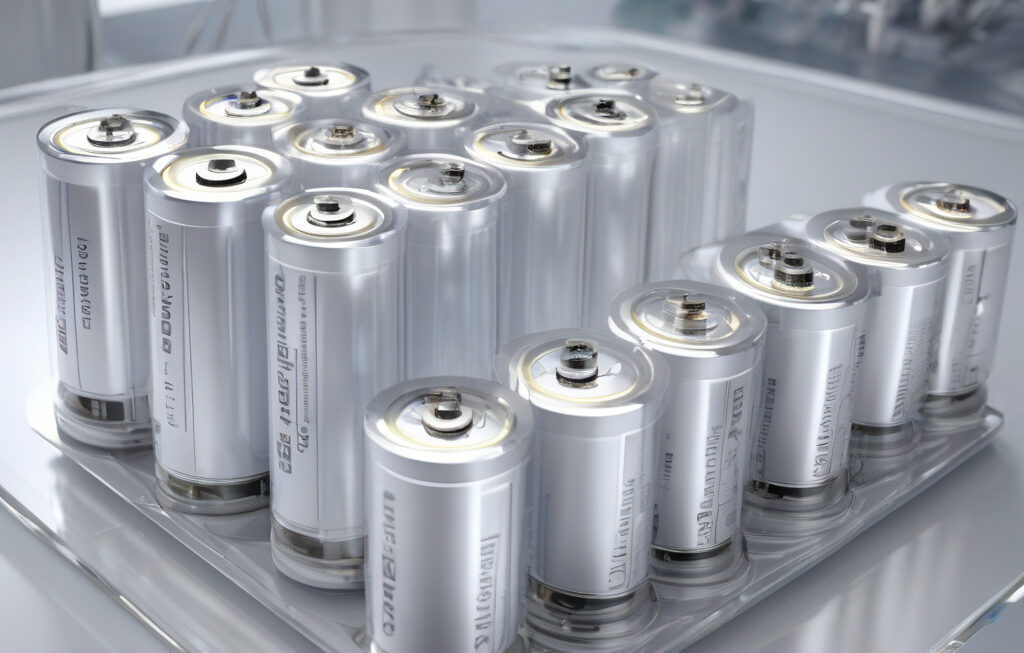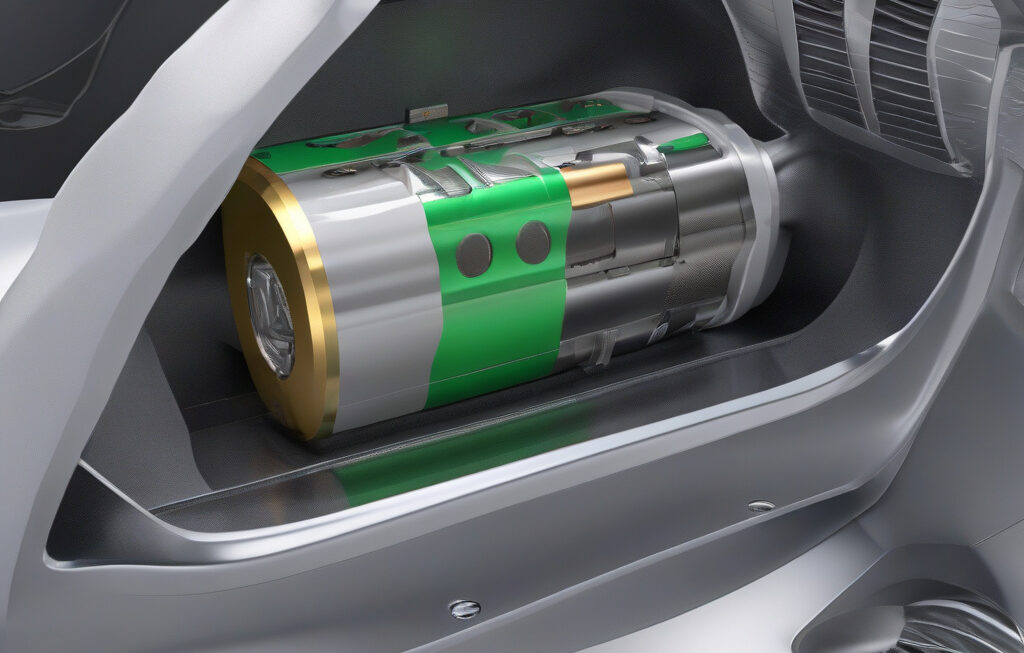Breakthrough EV Battery Material Design May Answer Range Anxiety, Slow Cell Death
Scientists from Dongguk University in Seoul, South Korea, claim they have achieved an important breakthrough in electric vehicle (EV) battery material design. This innovation not only promises to address range anxiety, a common concern among EV drivers, but also to combat the issue of slow cell death that plagues current battery technologies.
The key to this breakthrough lies in the development of a new type of battery material that enhances both the energy density and the lifespan of EV batteries. By utilizing advanced nanotechnology, the researchers were able to design a material that offers higher storage capacity while also minimizing the degradation that occurs with each charging cycle.
One of the significant challenges facing the widespread adoption of EVs is range anxiety, the fear of running out of power before reaching a charging station. This anxiety is primarily driven by the limited range of current battery technologies, which often require frequent recharging to cover long distances. With the new battery material developed by the scientists at Dongguk University, EVs could potentially travel much farther on a single charge, alleviating range anxiety and making electric vehicles a more attractive option for consumers.
In addition to addressing range anxiety, the breakthrough in battery material design also tackles the issue of slow cell death. Over time, the performance of traditional lithium-ion batteries degrades as a result of repeated charging and discharging cycles. This degradation not only reduces the overall lifespan of the battery but also affects its ability to hold a charge effectively. By slowing down this process of cell death, the new material could significantly extend the longevity of EV batteries, leading to cost savings for consumers and reducing the environmental impact of battery disposal.
The implications of this breakthrough extend beyond the realm of EVs. Improved battery technology could also benefit other industries, such as renewable energy storage and portable electronics. By enhancing the energy density and lifespan of batteries, this new material has the potential to revolutionize the way we power our devices and store electricity for future use.
As the demand for clean energy solutions continues to grow, innovations in battery technology will play a crucial role in shaping the future of transportation and energy storage. The breakthrough achieved by the scientists at Dongguk University represents a significant step forward in the quest for more efficient and sustainable battery materials.
In conclusion, the development of a new battery material with enhanced energy density and lifespan has the potential to address key challenges in the adoption of electric vehicles, such as range anxiety and slow cell death. By leveraging advanced nanotechnology, researchers are paving the way for a future where EVs can travel farther on a single charge and batteries last longer, benefiting not only the automotive industry but also other sectors reliant on battery technology.
electric vehicles, battery technology, sustainable energy, Dongguk University, nanotechnology












